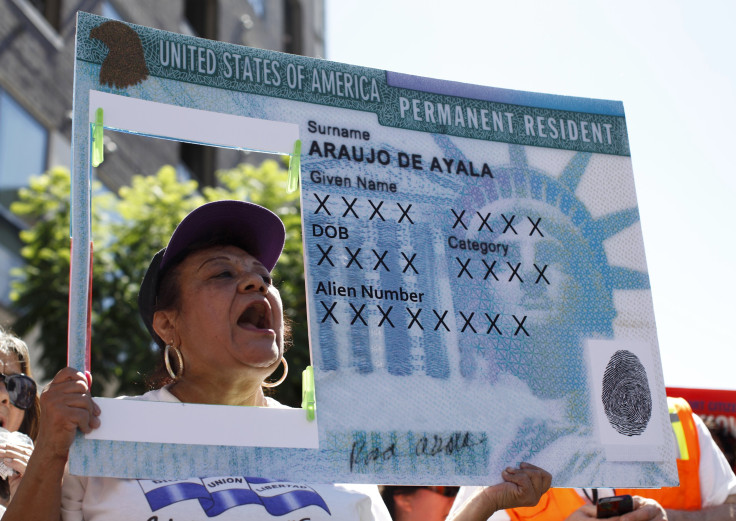
The New York Times reported on Friday that a program announced by President Barack Obama in June 2012 which made an estimated 1.7 million young undocumented immigrants eligible for a two-year reprieve from deportation and work authorization has led to increased wait times for green card applicants hoping to join spouses or family members in the US. The news may complicate a growing push from immigrant-advocacy and labor groups, who are calling for Obama to take executive action to expand protections for a greater number of the undocumented.
A common protest from groups who’ve called for a temporary halt to deportations has been that the practice often breaks up families. According to the Center for American Progress, a liberal think tank based in Washington, D.C., some 16.6 million people in the United States are members of families with at least one undocumented immigrant, while one-third of first-generation, US citizen children are members of mixed-status families. Last year, the Obama administration deported 368,644 people. But the Times writes that following the creation of the Deferred Action for Childhood Arrivals (DACA) program, which has extended protection from deportation to over half a million people since it was enacted, US Citizenship and Immigration Services (USCIS) shifted resources away from one of its most high-priority groups: Americans who sought green cards for foreign spouses, children, or parents.
Previously, an American could expect to wait about five months or less to get a green card for one of those relatives. But according to the Times, those five months have become 15, with a backlog of 500,000 applications – a development that has often kept family members apart far longer than they had planned. Those separations are still temporary, while those effected by deportations have much more long-lasting consequences. But the news does raise questions about the USCIS’s ability to handle a potential flood of applications for protection from deportation in the event that Obama would take executive action to expand that protection to more people.
© 2025 Latin Times. All rights reserved. Do not reproduce without permission.





